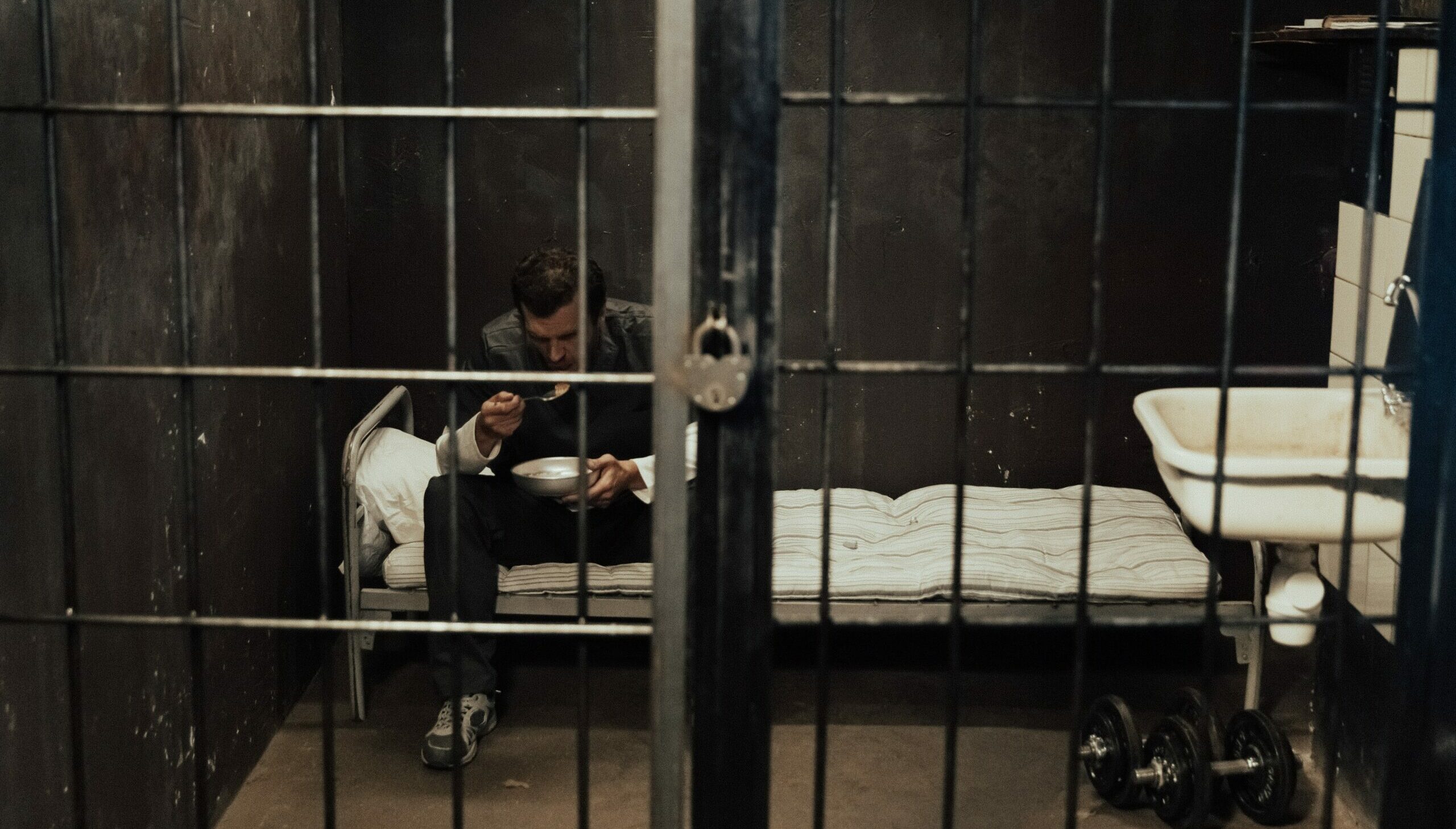
South Australian prisoner will die through ‘voluntary assisted dying’
“Voluntary Assisted Dying” commenced in South Australia on January 31. The latest available figures show that 39 people have already taken advantage of the new law.
Now, without much controversy, it has emerged that an 81-year-old former teacher in jail for paedophilia will be euthanised. Malcolm Day is probably the first prisoner in Australia to receive permission for voluntary assisted dying. He has been diagnosed with a terminal illness, probably cancer.
Day was sentenced to 20 years in prison in June 2022 and has 17 years left on his sentence.
Australian rational suicide activist Philip Nitschke told 9News that prisoners were bound to take advantage of the legislation sooner or later.
“By the sound of it, he satisfies all the conditions of the South Australian assisted dying legislation,” Nitschke said. “So there should be no impediment… he should be given the option that any other person would have if they were terminally ill.”
Karl Stefanovic, host of the Today show, was scathing in his commentary. Echoing critics in similar cases overseas, he said that Day had forfeited his right to “die with dignity”.
“Malcolm Day groomed and abused his students, one as young as 10 and it took more than 40 years for him to be jailed for his sick crimes, 40 years for his victims to see any kind of justice. This disgusting man will be gifted dignity, the gift to end his life with dignity — where was the dignity when these children suffered? These children were given a life sentence of trauma, pain and suffering and his suffering will be cut short.
“A paedophile gets to opt out — I don’t care how sick he is, he needs to suffer in prison until his life naturally ends.”
That’s the populist reaction to prisoner euthanasia. A more considered reaction takes into account the prisoner’s rights as a human being. In an article last year in Frontiers in Psychiatry, German and Swiss authors point out that “The principle of equivalence of care states that prisoners must have access to the same standard of health care as the general population”. In principle they should be able to access VAD.
Nonetheless, there are difficulties in applying this principle. “Detention itself can lead to psychological distress and suicidality, so we must consider whether and how people in such settings can make autonomous decisions,” they write. “Considering the limited resources for specialized end-of-life or palliative care in custodial settings, it seems vital to emphasize that [assisted dying] should not become the more easily available option by which [prisoners] can maintain self-determination. Therefore, detention settings must provide adequate structures that give an individual the full range of options.”
